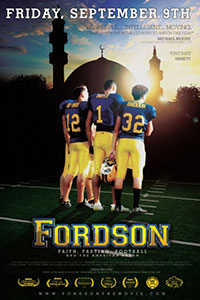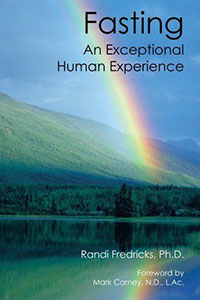Fasting
The Fast is a personal obligation for Bahá’ís from 15 to 70 years old except for those who are ill, pregnant, nursing a child, menstruating, or traveling. The Fast lasts from March 2 to March 20 every year and requires no eating or drinking between sunrise and sunset. Fasts are also present in Buddhism, Christianity, Hinduism, Islam, and Judaism though they differ in duration and specific guidelines. In addition to the spiritual focus of the Fast, medical experts identify possible health benefits of fasting as detoxification, mental clarity, and even having a longer life.
In the United States where there is frequently an over-abundance of food, avoiding eating or drinking is not easy. The temptations to eat or drink throughout the day are ever-present. Unlike many aspects of the Bahá’í Faith, participating in the Fast is quite public. Friends, classmates, and coworkers are likely to notice changes in your eating and drinking habits. Use this opportunity to share your beliefs within your social groups. It can feel difficult to explain the Fast to people who are not Bahá’ís, but most people will be impressed by your personal strength to participate.

Mind Over Matter
The Fast is a physical and spiritual challenge to cleanse and purify ourselves. It is not meant to be easy. Bahá’u’lláh knew this when he said “Even though outwardly the Fast is difficult and toilsome, yet inwardly it is bounty and tranquility.” The purpose of the Fast includes increased spiritual reflection, prayer, and meditation. Controlling your physical impulses enhances your spiritual and mental capacity. It takes trial and error for each person to learn how to manage the Fast.

Fasting Tips
Here are some common techniques that work well for many people:
1
Eat a larger than usual breakfast and drink more fluids, especially water.
2
Eat breakfast foods that have high protein and low sugar so you have energy throughout the day.
3
Decrease your daily physical activities (sports, exercises, chores) or do them shortly before or after dinner.
4
Take a nap to make the wait until dinner feel shorter.
Everyone is on their own path through the Fast. Following the Fast for the full nineteen days without fault is no small task. Some people have health conditions that don’t allow them to fast. Still others participate in school sports and must choose how the Fast fits into their lives. If you can’t participate in the physical aspects of the Fast, you can still do the spiritual reflection, prayer, and meditation during the Fast.
Confidence Through Fasting
I grew up in Wisconsin. When I was a kid, my whole family fasted. So I had a lot of support at home. I wasn’t open about fasting to friends or classmates…
Mental and Spiritual
I grew up in Florida. Even though I had a Bahá’í family, the Fast was so difficult for me when I first tried it at fifteen. No one at my school knew about the Bahá’í Faith and fasting made me stand out from everyone…
Fun Fast
I grew up in Maryland with Bahá’i parents and sibling. My parents made the Fast appear fun by approaching it happily and making great food. I thought it was cool, and I approached it willingly…
Fasting: An Exceptional Human Experience
By Randi Fredricks, AuthorHouse (December 18, 2012)




